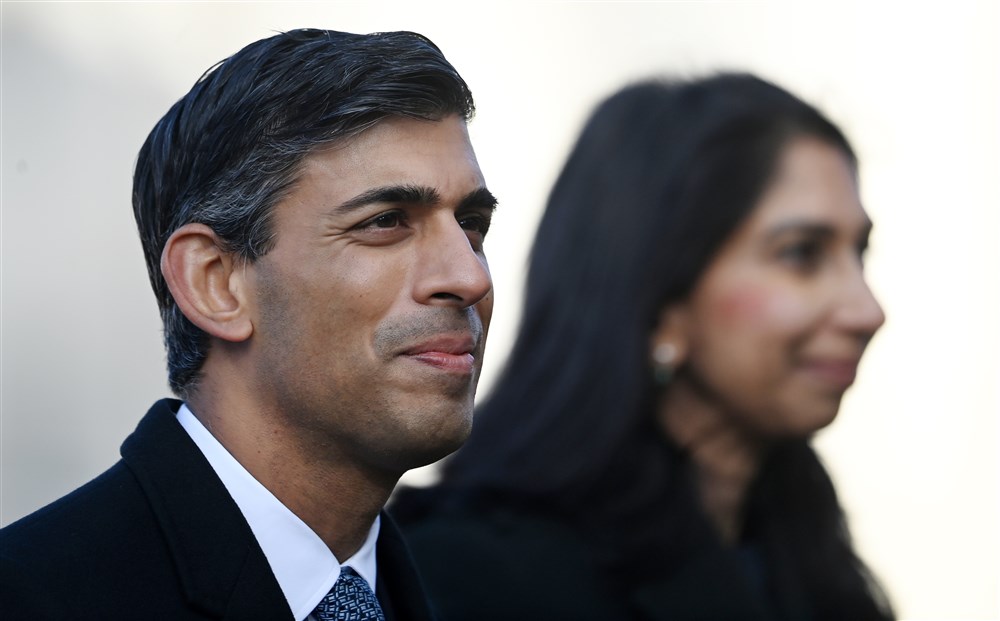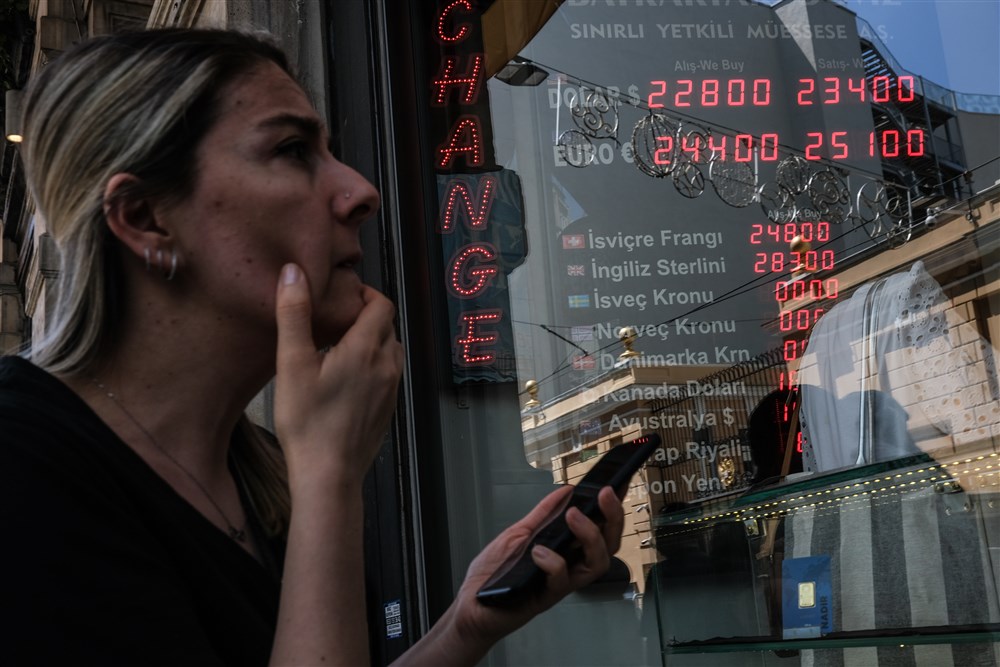British former Brexit Party leader Nigel Farage, a continual thorn in the side of the European Union, claims that the UK establishment is trying to force him to leave the country after seven banks refused to let him open accounts with them.
According to the ex-MEP, what he terms such “political persecution” is the result of a British establishment plot to force him out of the country.
However, Farage isn’t alone in his problems with banks. The Reform UK party, which he helped to found, saw its bank accounts closed in 2021.
The relatively new right-wing Reclaim Party, established in 2020, was also unable to obtain banking facilities in the UK.
In a statement on Twitter, Farage enticed his followers by saying he’d been “living with something for the last couple of months”, something that might affect his future career and even his future in Britain, he said.
The establishment are trying to force me out of the UK by closing my bank accounts.
I have been given no explanation or recourse as to why this is happening to me.
This is serious political persecution at the very highest level of our system.
If they can do it to me, they… pic.twitter.com/O4xQ1h79ub
— Nigel Farage (@Nigel_Farage) June 29, 2023
In the tweet, he pointed out he had been with the same banking group since 1980 for his personal affairs, and throughout the 1990s regarding his business dealings. But a couple of months ago, he said, he received a phone call informing him all his accounts were being closed.
“I was told a letter would come, which would explain everything. The letter came through and simply said, ‘We are closing your accounts, we want to finish it all by a date, which is around about now.’
“I didn’t quite know what to make of it,” he said. “I complained. I emailed … [my bank’s] chairman, a ‘lackey’ phoned me to say that it was a commercial decision, which I have to say, I don’t believe for a single moment,” Farage fumed.
He said he had approached a number of other lenders but, in the end, they all refused to deal with him.
Farage claimed that did not seem to make a lot of commercial sense. “I maintain in my business account, quite a big positive cash balance, which I guess with interest rates where they are, is pretty good for the bank, too,” he pointed out.
He then offered a number of possible explanations, firstly saying perhaps the banks now regarded him as a “politically exposed” individual. Lenders, he said, generally believe such people present a greater financial risk in relation to potential involvement in bribery and corruption, given their high-profile positions and the influence they may hold.
Farage said the banks argued that, to maintain an account for a politically exposed person, they have increased costs of compliance.
Another possible reason, he said, was that the lenders in question did not want Brexit to happen. “I think in my case, probably the corporate world will never ever forgive me.”
A third explanation Farage posits is that, a few months ago, in the UK House of Commons, Sir Chris Bryant, chairman of the Privileges Committee, said that by using parliamentary privilege, Farage had received large sums of money directly from the Russian Government. He said Bryant also named the calendar year in which it had allegedly happened.
Despite a strong denial from the arch-Brexiteer, who insisted he had never received “a penny” from any source with any link to Russia, he said he felt some banks might use this as a possible reason for their actions.
Farage added that he had approached a leading law firm and he would uncover why he was enduring such financial restrictions. Lamenting his situation, he said that, without a bank account “you effectively become a non-person, you don’t actually exist”.
He concluded that his problems were reminiscent of what happened under “the worst regimes at the mid-20th Century, be they in Russia or Germany”.





